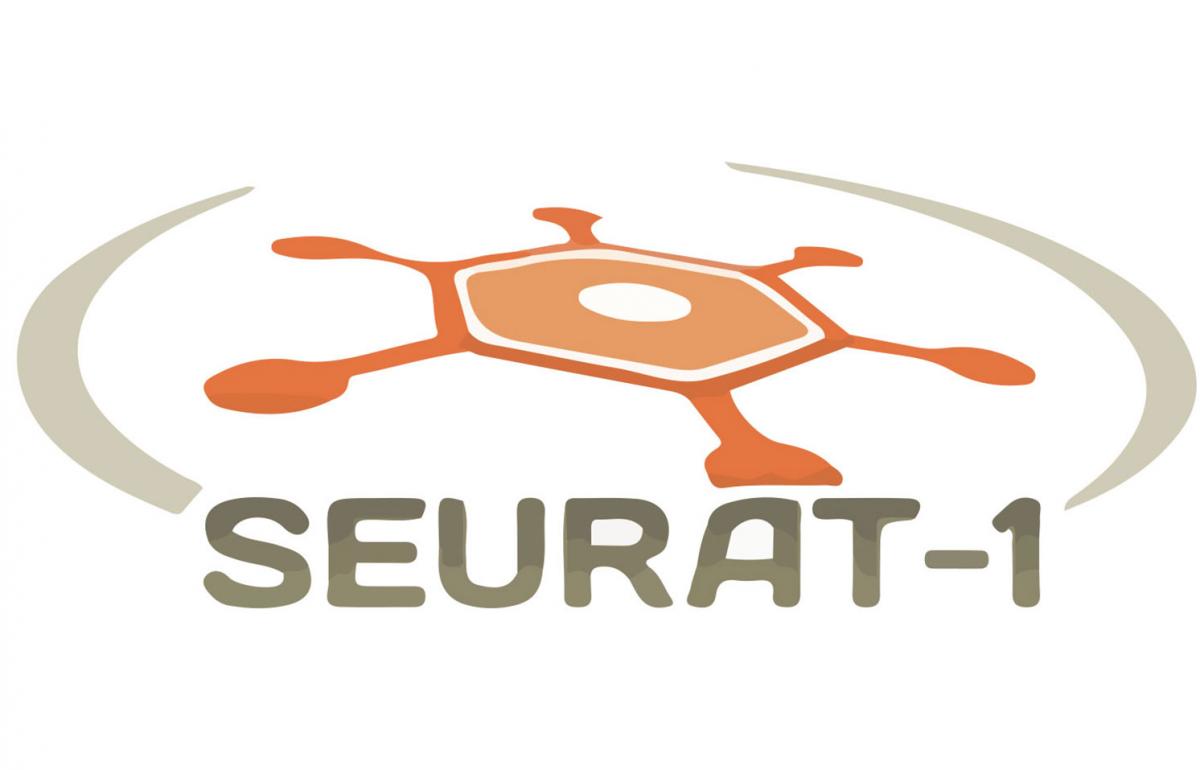Un Nouveau Chapitre dans l’Excellence Éducative
Nous sommes ravis d’annoncer que SEURAT, un leader reconnu dans les solutions éducatives innovantes, a officiellement acquis le site Web de la Fondation de Recherche Éducative AVKO. Cette étape significative marque une avancée dans notre engagement commun pour l’avancement de l’éducation en littératie.
Notre Vision Partagée
SEURAT et AVKO partagent une vision commune : autonomiser les apprenants et les éducateurs avec des outils éducatifs efficaces, accessibles et innovants. Cette acquisition est bien plus qu’un simple transfert de propriété ; c’est une fusion d’expertise et de passion pour l’excellence éducative.
Ce que Cela Signifie pour Nos Utilisateurs
- Ressources Améliorées : L’intégration de la technologie de pointe et de la recherche de SEURAT avec les programmes de littératie éprouvés d’AVKO promet d’enrichir les ressources disponibles pour nos utilisateurs.
- Accès Continu : Les utilisateurs continueront d’avoir accès à tous les programmes et matériaux actuels sur le site Web d’AVKO.
- Support Élargi : L’union de SEURAT et d’AVKO apportera un soutien client élargi et des conseils d’experts pour les éducateurs et les apprenants.
- Développements Innovants : Attendez-vous à de nouveaux outils et programmes éducatifs innovants, combinant le meilleur des deux organisations.
Notre Engagement envers Vous
Notre dévouement à fournir une éducation de haute qualité et accessible reste inébranlable. Nous nous engageons à assurer une transition sans heurt et à maintenir l’excellence dans toutes nos offres.
Restez Informés
Nous vous tiendrons informés de tous les développements, y compris les nouvelles fonctionnalités et opportunités que cette acquisition passionnante apportera. Vos retours et suggestions sont toujours les bienvenus alors que nous avançons dans ce nouveau voyage.
Questions et Support
Pour toutes questions ou besoin de support, n’hésitez pas à nous contacter. Notre équipe est là pour vous aider tout au long de cette transition.
Rejoignez-Nous dans ce Voyage Passionnant
Nous sommes impatients d’entamer ce nouveau chapitre avec vous. Ensemble, avec SEURAT et AVKO, nous continuons à œuvrer pour un avenir plus éclairé en matière d’éducation à la littératie.
